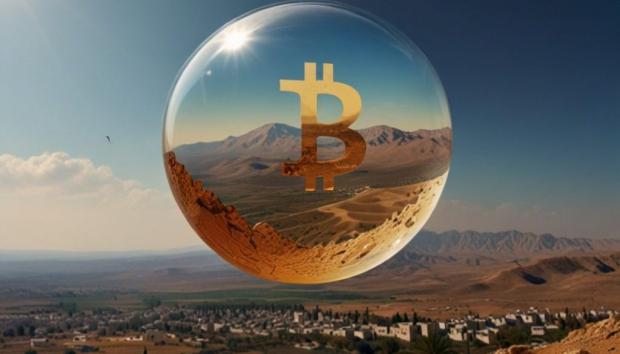
Breaking News
 NonConformist Series: Practical Wealth - Join us virtually Dec 29-30, 2025
NonConformist Series: Practical Wealth - Join us virtually Dec 29-30, 2025
 New bill would allow private citizens to fight cartels: 'WE ARE UNDER ATTACK'
New bill would allow private citizens to fight cartels: 'WE ARE UNDER ATTACK'
 Carnivore Got Me 90% There. This One Drink Changed Everything
Carnivore Got Me 90% There. This One Drink Changed Everything
Top Tech News
 Perfect Aircrete, Kitchen Ingredients.
Perfect Aircrete, Kitchen Ingredients.
 Futuristic pixel-raising display lets you feel what's onscreen
Futuristic pixel-raising display lets you feel what's onscreen
 Cutting-Edge Facility Generates Pure Water and Hydrogen Fuel from Seawater for Mere Pennies
Cutting-Edge Facility Generates Pure Water and Hydrogen Fuel from Seawater for Mere Pennies
 This tiny dev board is packed with features for ambitious makers
This tiny dev board is packed with features for ambitious makers
 Scientists Discover Gel to Regrow Tooth Enamel
Scientists Discover Gel to Regrow Tooth Enamel
 Vitamin C and Dandelion Root Killing Cancer Cells -- as Former CDC Director Calls for COVID-19...
Vitamin C and Dandelion Root Killing Cancer Cells -- as Former CDC Director Calls for COVID-19...
 Galactic Brain: US firm plans space-based data centers, power grid to challenge China
Galactic Brain: US firm plans space-based data centers, power grid to challenge China
 A microbial cleanup for glyphosate just earned a patent. Here's why that matters
A microbial cleanup for glyphosate just earned a patent. Here's why that matters
 Japan Breaks Internet Speed Record with 5 Million Times Faster Data Transfer
Japan Breaks Internet Speed Record with 5 Million Times Faster Data Transfer
Syria Exploring The Embrace of Bitcoin

Syria's economy is in a bad state, to put it very mildly. Not only has the Middle Eastern nation been battered by over a decade of war, the Assad regime, which has been in power since 1971, has now been overthrown by a jihadist group. The conflict, which began in 2011, has devastated infrastructure, displaced millions, and led to economic sanctions from Western nations. These factors have crippled the local economy and trade, leading to severe inflation. The Syrian pound (SYP), which was once relatively stable, has lost over 99% of its value since the war began whilst hyperinflation has turned basic goods, like bread and fuel, into luxuries for ordinary citizens.
In the face of these challenges, Syria has struggled to maintain monetary stability, with dwindling foreign currency reserves and limited access to global financial systems. However, hope may now be on the horizon since it has been announced that the Middle Eastern nation is planning to legalise Bitcoin, explore using it to back its national currency and use its energy reserves to mine it. This ground-breaking policy could transform not only Syria's economy but serve as a potential model for other nations in the region that are also grappling with inflation and economic instability.

 Aluminum Causes Brain Damage
Aluminum Causes Brain Damage Advanced Propulsion Resources Part 1 of 2
Advanced Propulsion Resources Part 1 of 2

